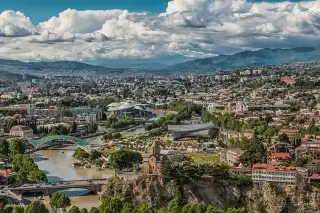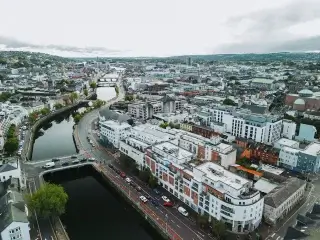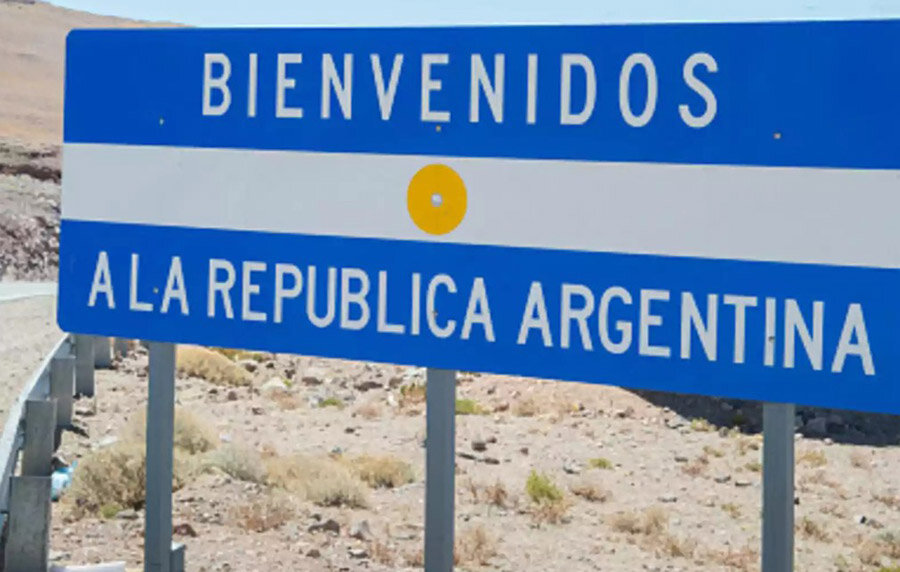read also
 How Georgia Supports Its Economy and Investments in Times of Crisis
How Georgia Supports Its Economy and Investments in Times of Crisis
 Bali Tightens Short-Term Rental Regulation
Bali Tightens Short-Term Rental Regulation
 Security and Real Estate Reshape Israel Investment Strategy
Security and Real Estate Reshape Israel Investment Strategy
 Thailand Stock Index Falls 8%, Trading Halted
Thailand Stock Index Falls 8%, Trading Halted
 Iran War Shakes Emerging Markets and Investor Confidence
Iran War Shakes Emerging Markets and Investor Confidence
 Ireland’s Competitiveness Chief Highlights Tax Structure Risks
Ireland’s Competitiveness Chief Highlights Tax Structure Risks
Argentina Ends Birthright Residency and Tightens Citizenship Rules

Argentina has officially revoked automatic permanent residency for foreign parents of children born in the country, marking a sharp shift in immigration policy. The reform, enacted in May 2025 under President Javier Milei, significantly tightens access to both permanent residency and citizenship, according to AP News.
End of Birthright-Based Residency
Under the previous rules, foreign parents of Argentine-born children could apply for legal status, a pathway widely used by nationals from countries like Russia. This provision has now been repealed. Applicants for permanent residency must now demonstrate proof of income, legal employment, and stable housing. They are also required to present a clean criminal record both in Argentina and their country of origin.
The reform also allows deportation for violations such as overstaying a visa or minor criminal convictions—even those with sentences under three years, which previously did not trigger expulsion.
Stricter Path to Citizenship
According to Derecha Diario, citizenship will now be granted only after two consecutive years of legal residence, strictly documented. Argentine courts used to consider humanitarian grounds or factual residence, even in the absence of full paperwork. These exceptions are no longer allowed.
Additionally, Argentina has introduced an investment-based naturalization path. Foreign nationals may obtain citizenship if their investments are legal, socially beneficial, and contribute significantly to the national economy. However, the lack of clear financial thresholds introduces legal ambiguity.
Public Services No Longer Free for Foreigners
The reform affects access to public services. Non-residents are no longer entitled to free healthcare (except for emergencies) and must obtain private insurance. Public universities can now charge tuition to foreign students. The government justifies these steps as necessary for reducing public expenditures and ensuring accountability among migrants.
Rising Legal and Social Concerns
Human rights groups argue that stripping residency from parents of Argentine-born children and denying healthcare access violates basic rights to family life and health. Derecha Diario notes that the reform excludes humanitarian considerations and was enacted without congressional debate, raising concerns over arbitrary enforcement and unequal treatment.
Still, the Milei administration insists that these measures are aimed at ending “chaos and abuse” in the immigration system and focusing resources on skilled professionals and investors.
A Shift Away from Argentina's Open-Door Policy
Previously, Argentina had one of the most liberal immigration systems in South America, with visa-free entry for many nationalities, including Russians, and relatively fast citizenship processing within 2–3 years. These changes are expected to reduce migration flows and complicate legal pathways for foreigners already in the country.


